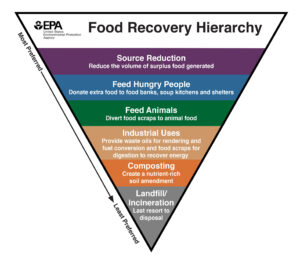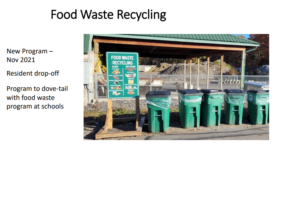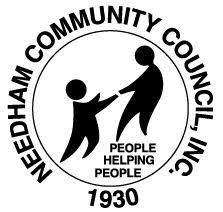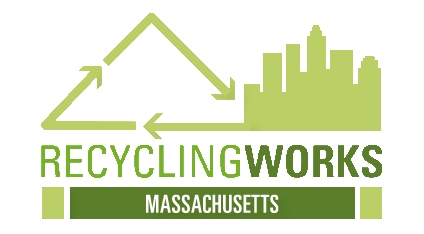
Over 40% of the food produced in the United States – and the energy, water and money used to produce it – is never used to feed someone – it is wasted somewhere between farm and table. We can take actions to reduce food waste by:
- reducing food waste in our homes
- getting food to those in need
- utilizing the remaining waste for uses such as compost or energy generation
Effective October 1, 2014, all Massachusetts businesses and institutions disposing of over one ton of commercial organic material per week are required to divert that organic material from disposal as trash. This threshold was lowered to a half-ton per week on November 1, 2022. This law has brought focus to the food waste problem and motivated food establishments to find creative solutions to reducing waste.
What You Can Do:
- Reduce the amount of food waste that you generate at home.

- Start composting your vegetable food scraps at home.
- Bring the food scraps that you can not compost at home (meat, dairy, bones, etc.) to the Needham RTS’s food composting bins. Residents can drop off their food waste – including things like meat and dairy that can not be composted at home – in containers at the RTS in the area adjacent to the textile and book recycling containers (which are adjacent to the salt shed).
- Don’t want to compost at home? Hire a composting company to collect your compost.
- Support those in need at the Needham Community Council’s Food Pantry
- Explore ways that you can support food rescue/food justice programs.
- Bring your restaurant leftovers home, and remember to eat them! (Even better — you can bring you own container and avoid even more waste.)
- Ask restaurants you patronize how they handle their food waste.
Resources
Documents
Resources on the Web
|
"Food Heros" - Boston-area organizations working on food rescue
Living Green page on food rescue organizations | |
|
EPA's food waste prevention tips
Community food waste prevention toolkit. Check out ugly fruit and vege campaign | |

|
Food Pantry at the Needham Community Council
Help provide food for those in need by donating or volunteering at the Needham Community Council's food pantry |

|
Green Needham’s Reducing Food Waste program
Green Needham’s 10/22/15 program, "Too Good to Waste: Creative Solutions to Reducing Food Waste" |
|
Love Hate Waste
UK’s campaign to end food waste. Excellent tips. | |
|
Lunch Skins - reusable lunch bags
Some Lunchskins products are available at Container Store, Target, and Amazon | |

|
RecyclingWorks Massachusetts
RecyclingWorks in Massachusetts is a recycling assistance program designed to help businesses and institutions maximize recycling, reuse, and composting opportunities. |
|
Still Tasty - Your Ultimate Shelf Life Guide
Keep it or toss it? How long do specific foods last; storage tips for fridge and freezer. | |
|
Sustainable America
A project of Sustainable America. Check out their “Resources” link | |
|
U.S. Food & Drug Administration Website on Food Waste
U.S. Food & Drug Administration Website on Food Waste |

